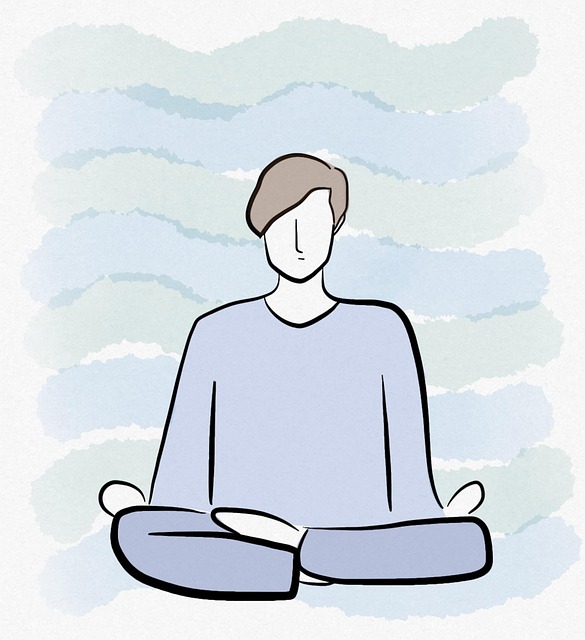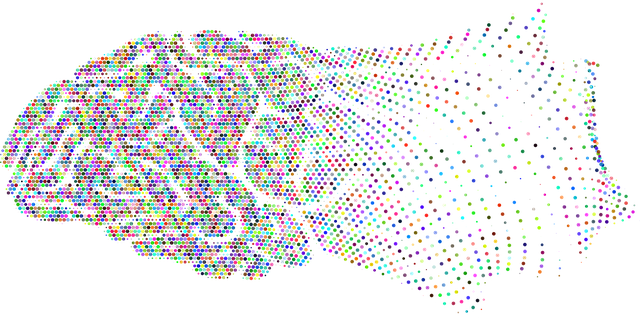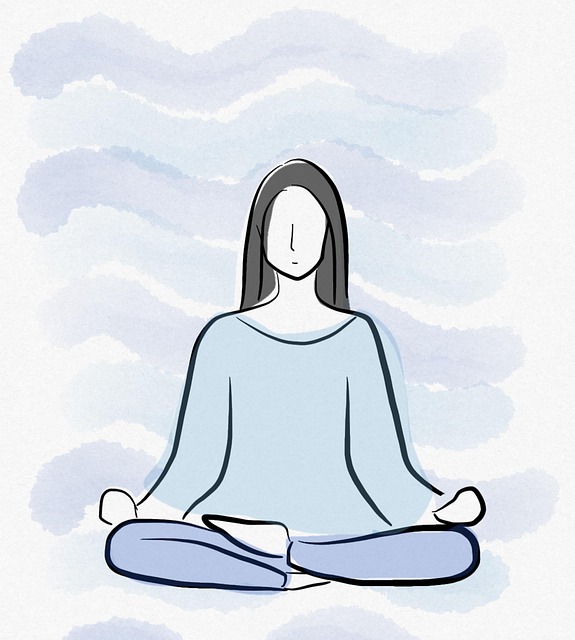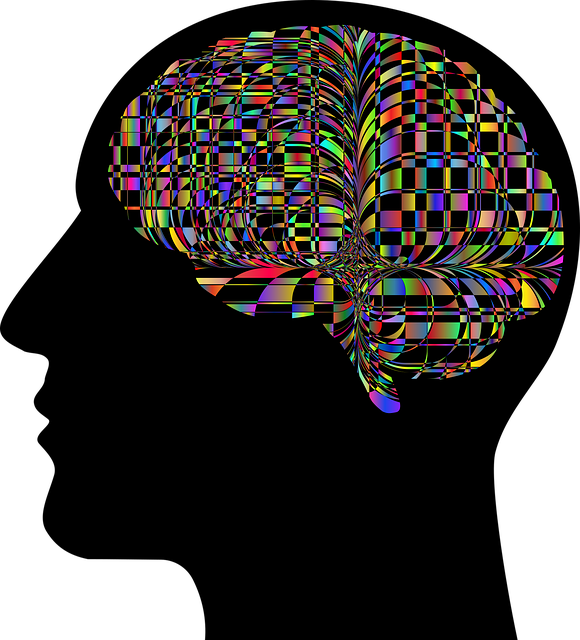Northglenn Alcohol Abuse Therapy emphasizes that understanding mental wellness needs is key to creating a personalized self-care routine. This involves introspective practices like journaling and therapy to identify distress triggers. By fostering self-awareness, individuals can tailor healthy habits such as physical activity, mindfulness, social connections, and creative outlets to their specific concerns. Dedicating time to relaxation and emotional healing activities, like meditation or hobbies, improves overall well-being and enhances mental health, with routines adaptable as needs change throughout life's journey.
At Northglenn Alcohol Abuse Therapy, developing a robust mental wellness self-care routine is paramount for holistic healing. This article guides you through the process of cultivating a personalized practice that addresses your unique mental health needs. We’ll explore essential components like understanding your emotional landscape, identifying core self-care practices, and integrating healthy habits into your daily life. Learn effective strategies to sustain and adapt your routine over time, fostering resilience and improved mental wellness at Northglenn Alcohol Abuse Therapy.
- Understanding Your Mental Wellness Needs
- Building Blocks of a Self-Care Routine
- Incorporating Effective Self-Care Practices
- Sustaining and Adjusting Your Routine Over Time at Northglenn Alcohol Abuse Therapy
Understanding Your Mental Wellness Needs

Understanding your mental wellness needs is a crucial first step in developing an effective self-care routine. This involves taking time to reflect on your emotional and psychological state, identifying areas of distress or imbalance, and recognizing triggers that may negatively impact your mental health. At Northglenn Alcohol Abuse Therapy, we emphasize the importance of this introspective process, as it allows you to tailor your self-care practices to address specific concerns.
Self-awareness exercises, such as journaling, meditation, or therapy sessions, can help unearth underlying issues and promote emotional well-being promotion techniques. By understanding your unique mental wellness needs, you can begin to incorporate healthy habits and routines that support a more balanced and fulfilling life. This may include regular physical activity, mindfulness practices, social connections, creative outlets, and stress management strategies—all of which contribute to the development of a robust self-care regimen.
Building Blocks of a Self-Care Routine

Creating a self-care routine is a powerful way to nurture your mental wellness, and it’s a journey that begins with understanding your unique needs. The building blocks of an effective self-care routine involve several key practices tailored to support better mental health. One essential aspect is setting aside dedicated time for relaxation and activities that promote emotional healing processes. This could include practices like meditation, deep breathing exercises, or engaging in hobbies that bring joy and a sense of accomplishment.
At Northglenn Alcohol Abuse Therapy, we emphasize the importance of self-care routine development as a holistic approach to emotional regulation. By incorporating these practices into your daily life, you can create a safe space for yourself to process emotions, reduce stress, and enhance overall well-being. Start by identifying simple yet meaningful activities that resonate with your personal preferences and gradually build upon them to form a consistent self-care routine.
Incorporating Effective Self-Care Practices

Incorporating effective self-care practices is an essential component of fostering mental wellness and maintaining a balanced lifestyle, especially for individuals navigating challenges like those seeking Northglenn Alcohol Abuse Therapy. It’s not just about taking breaks or indulging in leisure activities; it’s a proactive approach to nurturing one’s mind and soul. Self-care routines should be tailored to individual needs, incorporating activities that promote relaxation, reduce stress, and enhance overall well-being. This might include mindfulness practices like meditation or yoga, engaging in creative outlets such as art or writing, or simply setting aside time for hobbies and social connections.
Mental health professionals can benefit from integrating self-care strategies into their routines, considering the intense emotional demands of their work. A risk assessment for mental health professionals should encompass recognizing and addressing personal boundaries, managing burnout, and participating in stigma reduction efforts related to mental illness. Emotional intelligence is a powerful tool in this process; it encourages professionals to develop self-awareness, understand others’ emotions, and manage relationships effectively, thereby fostering healthier interactions and enhancing patient care.
Sustaining and Adjusting Your Routine Over Time at Northglenn Alcohol Abuse Therapy

At Northglenn Alcohol Abuse Therapy, we understand that establishing a mental wellness self-care routine is transformative but maintaining it requires adaptability and consistency. As individuals progress through their healing journey, their needs may evolve, necessitating adjustments to their self-care practices. Our therapists encourage clients to view their routines as living documents, subject to refinement over time. This flexibility ensures that self-care remains a supportive, sustainable companion throughout life’s ups and downs.
Sustaining emotional healing processes is enhanced by regular reflection and open communication. Northglenn Alcohol Abuse Therapy facilitates this through our community outreach program implementation, emphasizing the importance of support networks in fostering positive mental health. We also employ effective communication strategies to ensure clients feel empowered to discuss changes they’d like to make or challenges they’re facing, enabling them to tailor their self-care routines accordingly.
Developing a personalized mental wellness self-care routine is a transformative journey. By understanding your unique needs, you can create a robust framework using evidence-based practices. At Northglenn Alcohol Abuse Therapy, we emphasize the importance of sustaining and adjusting this routine over time to support long-term mental well-being. Embrace self-care as a daily practice, not just a task, and watch as it becomes your sanctuary, guiding you towards a balanced and fulfilling life.








